George Ivanovich Gurdjieff was a philosopher and mystic. His teachings proposed new ways of achieving self-awareness. The first part of Gurdjieff’s life is shrouded in mystery. He is believed to have been born in 1875 in Alexandropol in Armenia. He seemed headed for Orthodox priesthood, but left his home sometime around his 18th birthday to travel across the Middle East and Asia and deepen his understanding of esoteric Oriental traditions. This quest evolved into a two-decade-long physical and spiritual odyssey.
Gurdjieff settled in Moscow and began accumulating students and disciples. His teachings were an amalgam of Christianity, Sufism, and the mystical side of Islam.
In 1917, during the Russian Revolution, Gurdjieff moved from city to city, finally settling in Fontainebleau outside Paris in 1922. He opened the Institute for the Harmonious Development of Man and began his teachings, which he called simply “The Work.” For Gurdjieff, man was a synthesis of three components: thought, feeling, and instinct. Man’s enterprise depended on each of these components. He transmitted his ideas through three basic channels: writing, music, and sacred dance. Harmony depended on an understanding of each of these levels. By stimulating the body through excercises and movements, Gurdjieff hoped to reawaken the mind’s active processes, which he considered blocked by the unconscious. Gurdjieff’s mysticism didn’t call for a withdrawal from the world, a choice that would have been all but unthinkable in the 20th Century. Instead, he challenged students to undertake an internal journey while living in the day-to-day. This was the so-called “Fourth Way,” distinct from Hindu meditation, Christian retreat and yoga precisely for its lack of self-imposed exile.
His thinking met with considerable success in Europe and the United States. His centers blended philosophy, mathematics, and art in the search for self. Gurdjieff’s work was compiled in three posthumous volumes. The second one, Meetings with Remarkable Men, was made into a movie by British director Peter Brooke in 1979. Gurdjieff died in Neuilly, France on October 29, 1949. Thanks to his students and disciples, the body movements promoted by his idea of “The Work” continue to thrive today.
Gurdjieff settled in Moscow and began accumulating students and disciples. His teachings were an amalgam of Christianity, Sufism, and the mystical side of Islam.
In 1917, during the Russian Revolution, Gurdjieff moved from city to city, finally settling in Fontainebleau outside Paris in 1922. He opened the Institute for the Harmonious Development of Man and began his teachings, which he called simply “The Work.” For Gurdjieff, man was a synthesis of three components: thought, feeling, and instinct. Man’s enterprise depended on each of these components. He transmitted his ideas through three basic channels: writing, music, and sacred dance. Harmony depended on an understanding of each of these levels. By stimulating the body through excercises and movements, Gurdjieff hoped to reawaken the mind’s active processes, which he considered blocked by the unconscious. Gurdjieff’s mysticism didn’t call for a withdrawal from the world, a choice that would have been all but unthinkable in the 20th Century. Instead, he challenged students to undertake an internal journey while living in the day-to-day. This was the so-called “Fourth Way,” distinct from Hindu meditation, Christian retreat and yoga precisely for its lack of self-imposed exile.
His thinking met with considerable success in Europe and the United States. His centers blended philosophy, mathematics, and art in the search for self. Gurdjieff’s work was compiled in three posthumous volumes. The second one, Meetings with Remarkable Men, was made into a movie by British director Peter Brooke in 1979. Gurdjieff died in Neuilly, France on October 29, 1949. Thanks to his students and disciples, the body movements promoted by his idea of “The Work” continue to thrive today.
RELATED


JAMES WATT
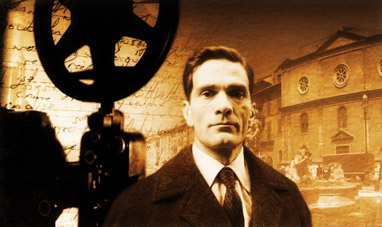

PIER PAOLO PASOLINI
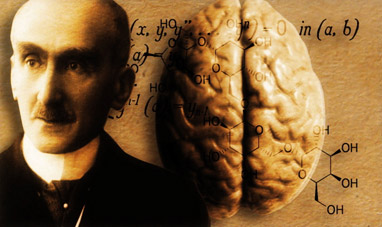

HENRI BERGSON
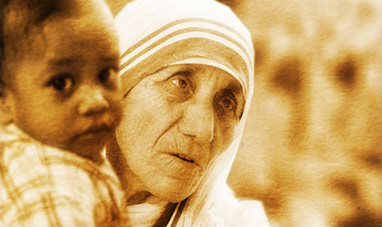

MOTHER TERESA OF CALCUTTA
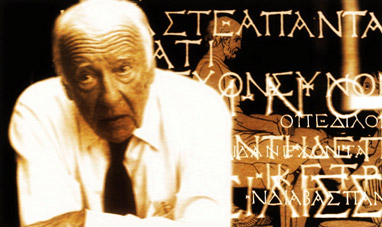

HANS GEORG GADAMER
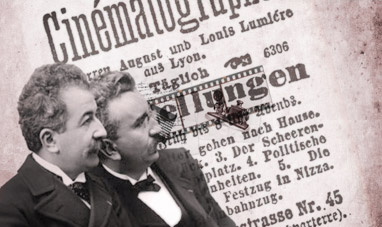

THE LUMIÈRE BROTHERS
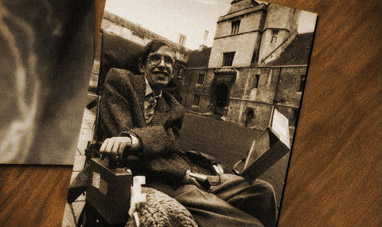

STEPHEN HAWKING
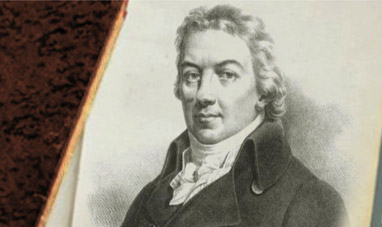

EDWARD JENNER
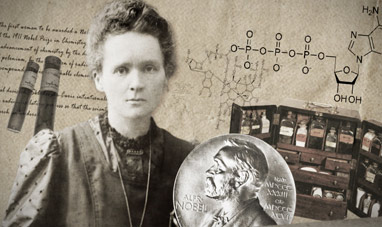

MARIE CURIE
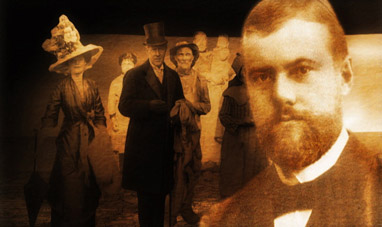

MAX WEBER
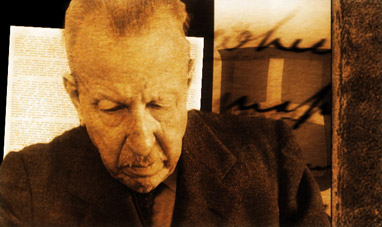

BENEDETTO CROCE
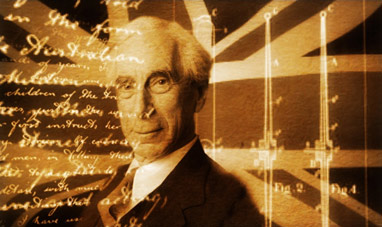

BERTRAND RUSSEL
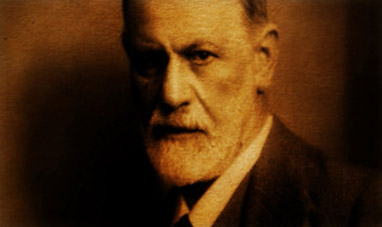

SIGMUND FREUD
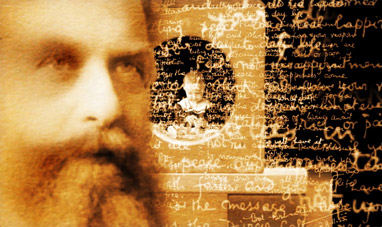

EDMUND GUSTAV ALBRECHT HUSSERL
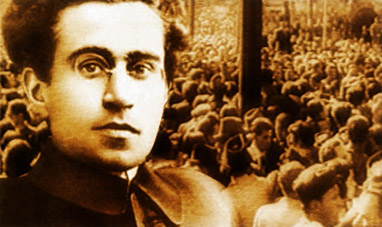

ANTONIO GRAMSCI
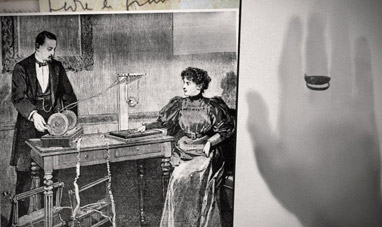

WILHELM RÖNTGEN
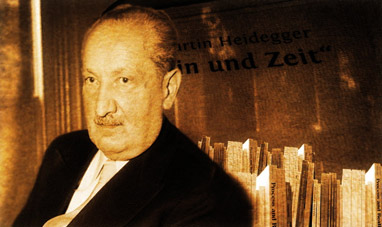

MARTIN HEIDEGGER
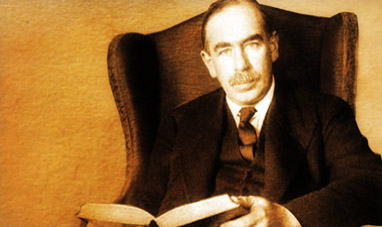

JOHN MAYNARD KEYNES
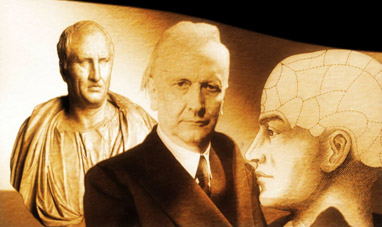

KARL JASPERS


JOHANNES KEPLER
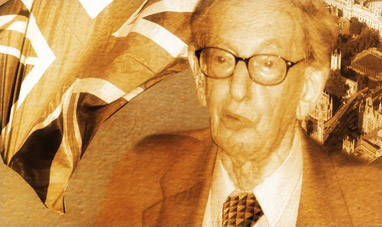

ERIC HOBSBAWM
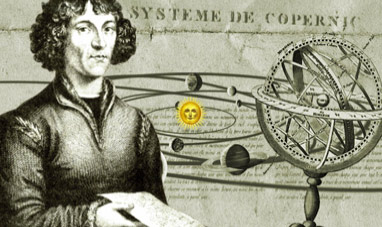

NICOLAUS COPERNICUS
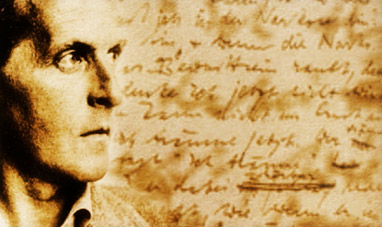

LUDWIG WITTGENSTEIN
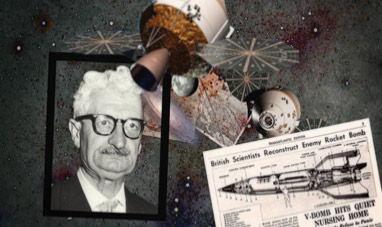

WERNHER VON BRAUN
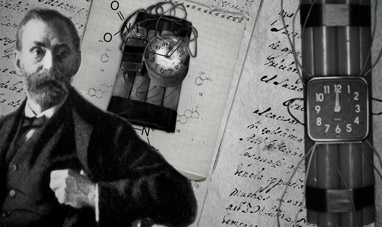

ALFRED NOBEL
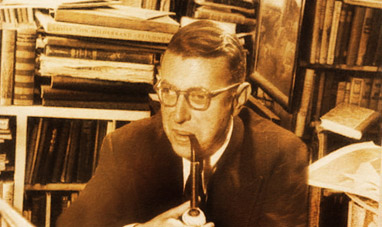

JEAN PAUL SARTRE
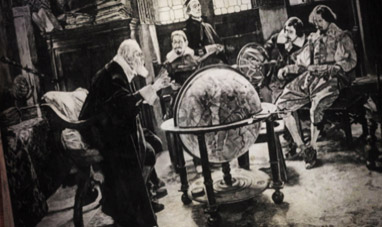

GALILEO GALILEI
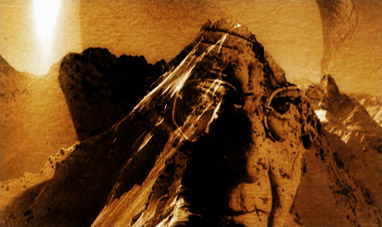

ERICH FROMM


THOMAS ALVA EDISON
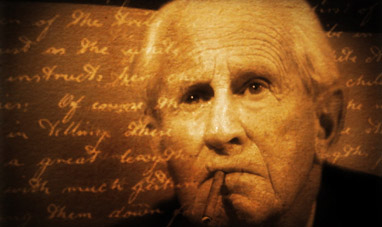

HERBERT MARCUSE
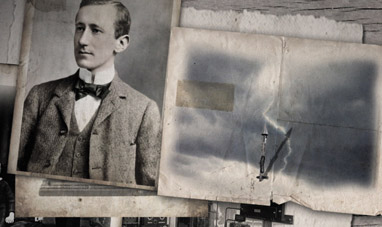

GUGLIELMO MARCONI


BENJAMIN FRANKLIN
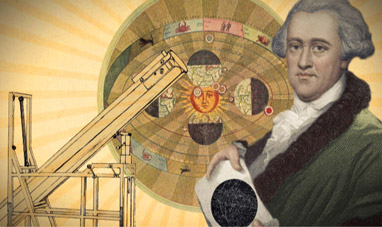

WILHELM HERSCHEL
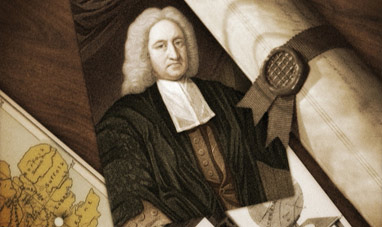

EDMUND HALLEY
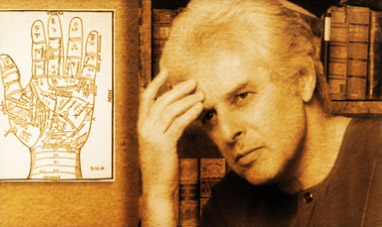

ALEJANDRO JODOROWSKY
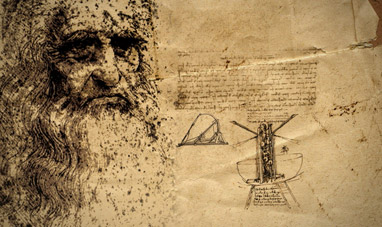

LEONARDO DA VINCI
